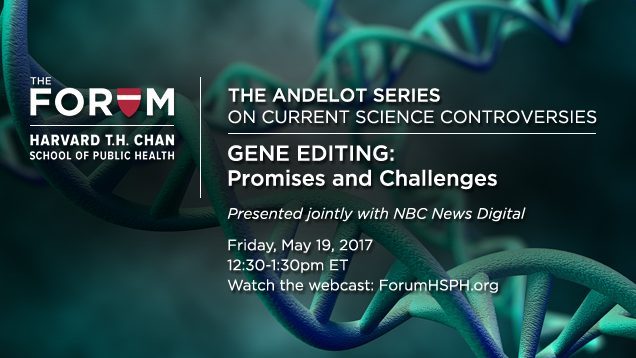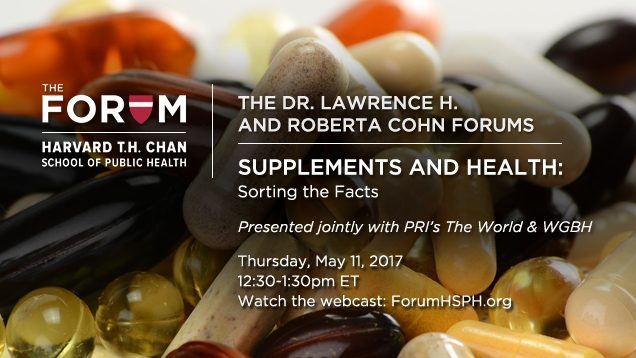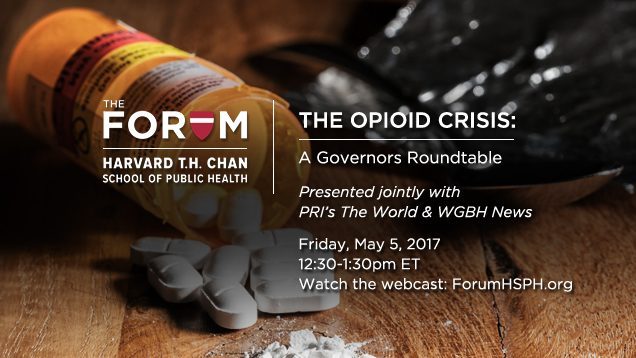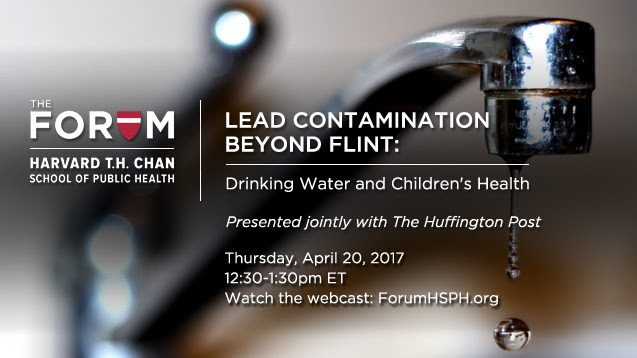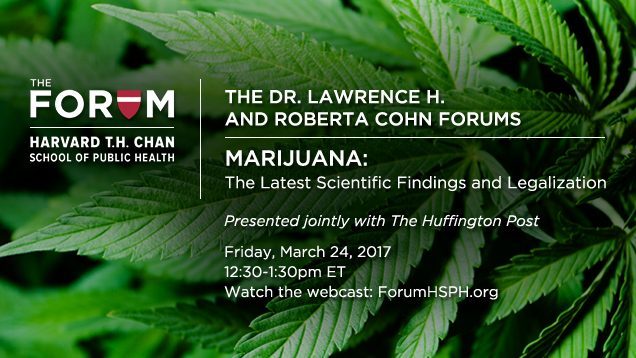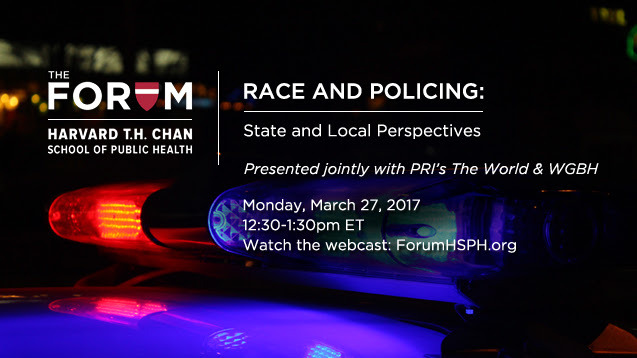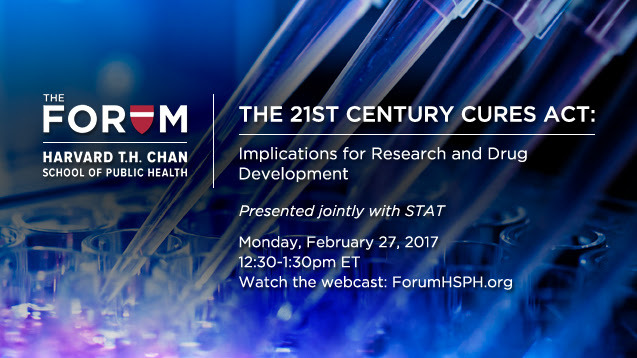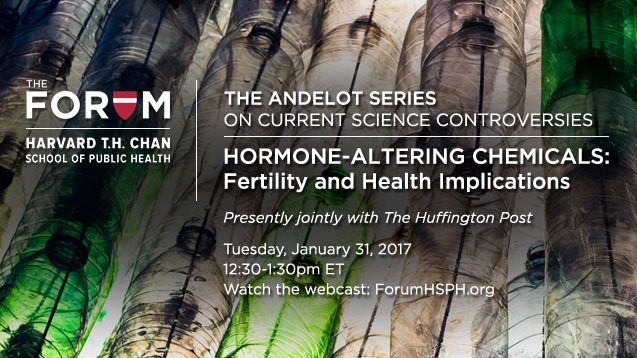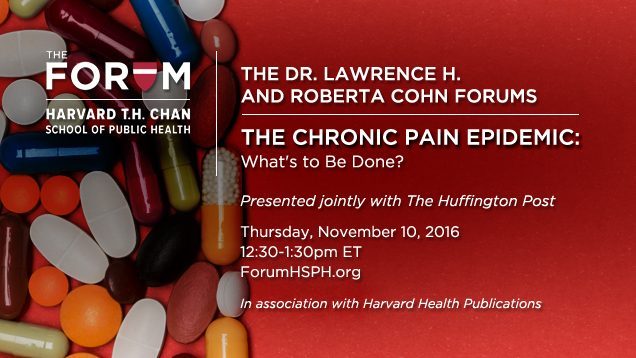EVENT DESCRIPTION:
GENE EDITING: Promises and Challenges
In labs and in clinical trials, scientists are seeking ways to rewrite DNA, a building block of life. Tools such as zinc-finger nucleases (ZFNs), TAL effector nucleases (TALENs) and, more recently, CRISPR/Cas9 have the power to seek out and replace faulty DNA. The possibilities seem almost limitless: with the ability to edit DNA at will, researchers theoretically could wipe out malaria-causing mosquitos, make disease- and pest-proof crops without the need for pesticides, and cure genetic diseases, such as sickle cell anemia and cystic fibrosis. Cancer is another target, with human clinical trials using CRISPR already underway, while, in separate efforts, HIV has been reportedly eliminated in mice thanks to the tool.
But scientists and ethicists alike are worried about the speed at which the gene editing field is moving — and the implications of the results. In this panel, we will discuss the promises and challenges presented by gene editing for individual and public health. What scientific and ethical hurdles must be overcome before tools like CRISPR and others can move safely and more widely out of the lab and into fields, farms, and hospitals?
————————————————————————————-
ENGAGE WITH US:
Send our panelists questions in advance to theforum@hsph.harvard.edu
Tweet us @ForumHSPH #GeneEditing
We will be conducting a live chat on this page during the event: https://theforum.sph.harvard.edu/events/gene-editing/
WATCH THE LIVE WEBCAST ON OUR WEBSITE:
https://theforum.sph.harvard.edu/events/gene-editing/
on Friday, May 19, 2017, 12:30-1:30pm ET
We also will stream live on Facebook https://www.facebook.com/Forumhsph/
————————————————————————————-
EXPERT PARTICIPANTS:
George Church - Professor of Genetics, Harvard Medical School, and Co-Founder, Editas and eGenesis
George Annas - Distinguished Professor at Boston University and Director of the Center for Health Law, Ethics & Human Rights at Boston University School of Public Health
Flaminia Catteruccia - Associate Professor of Immunology and Infectious Diseases, Harvard T.H. Chan School of Public Health
Howard Kaufman, Professor of Surgery, Robert Wood Johnson Medical School Rutgers, The State University of New Jersey; Surgical Oncologist, Rutgers Cancer Institute of New Jersey; and member of the Recombinant DNA Advisory Committee at the U.S. National Institutes of Health
Moderated by David Freeman - Editorial Director, NBC News MACH
————————————————————————————-
ADDITIONAL INFORMATION:
Presented jointly with NBC News Digital
Part of: The Andelot Series on Current Science Controversies.
Image Credit: iStockphoto.com/ supparsorn

